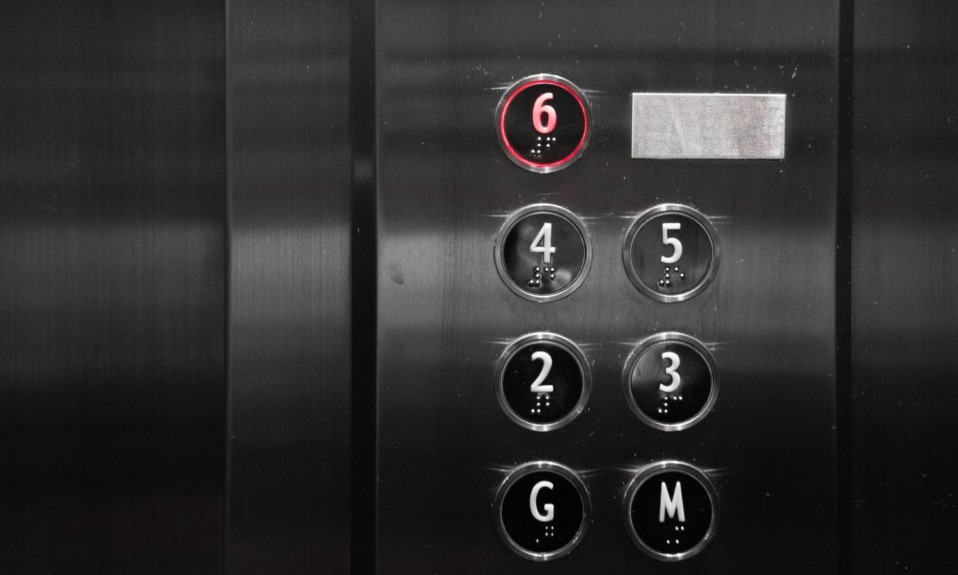How to help them get back on the road to recovery
By Patrick McElwaine, Psy.D., LPC
August 13, 2020Addiction is definitely a family disease. When a person has an addiction, that individual struggles, but so do all those who love them. Many people find themselves taking many running leaps at recovery before it takes root.
So, what should you do when a relapse—or a reocurrence as it is also called in our treatment profession—happens to someone you care about? I’ve had many difficult conversations with families and friends who have experienced the challenges and hopeful moments of loving someone abusing alcohol and/or drugs. I’ve also had a front-row seat—as I lived through my own family’s difficulty supporting me as I struggled with starting, re-starting, and maintaining treatment.
Families and friends experience thoughts and feelings of hopelessness, shame, guilt, fear, and remorse when they try to support someone with a substance use disorder.
• How do I do this?
• How do I know what I am doing is not enabling her?
• Whose advice should I take?
• Why can’t he just stop?
• Why can’t she stop for us, for our children?
• What if I set boundaries for him and he leaves and dies?
• Is it my fault?
Sound familiar? These questions and thoughts keep loved ones up at night and have a tremendous negative impact on quality of life.
Here are strategies and thoughts that I offer to families when I am treating them in therapy, or if a family member/loved one reaches out to me about someone they care about having a hard time on their road to recovery.
Relapse can be such an amazing teachable moment and learning experience. I am someone who was a chronic relapser for four years and was lucky enough to live through those difficult years.”
First and foremost: It’s not your fault. Remember, there are numerous variables that contribute to someone developing an addiction, and most likely, you won’t know all of them. I always recommend loved ones attend a support group in addition to going to therapy.
One time, after presenting at a conference, I was sought out by two parents waiting to speak to me. They movingly described their son’s struggle with addiction, how he refused any treatment, and was continuously in and out of inpatient facilities and prison. As we talked, I recommended to the parents that they find a therapist to speak to about these struggles, and the father replied, ‘But I am not the one with the problem.”
I looked at them and gently responded, “Right now, you and your wife are the only ones who think there is a problem. Your son doesn’t.” It took a minute to reframe their perspective, and then they laughed. They went on to find a therapist and emailed me three times over the next months to say their therapist was extremely helpful for them, and that they were appreciative of the guidance. It helped them in their relationship with their son (no matter what stage of addiction treatment he was in), each other, individually, and figuring out what to do next.
Offer support. After a relapse, tell the person you love them and want to support them as much as you can (in a healthy way). They may feel like they disappointed both themselves and you. When I worked at an inpatient facility, sometimes returning patients would hide from me. I’d find them and say, “Hey, I see you, what’s up?” They’d often confess they felt ashamed and didn’t want to disappoint me. I’d make it a point to always respond by saying, “No disappointment at all, I am just glad you’re alive – and I better see you in group later!”
Relapse can be such an amazing teachable moment and learning experience. I am someone who was a chronic relapser for four years and was lucky enough to live through those difficult years. I was able to gain so much self-knowledge by taking a step back each time and working with others—therapists, addiction experts, group attendees, and, yes, my family—to figure out what led to the relapse. It helped me get to this side of relapse, and now I can help others.
There is a lot that goes on during a relapse, as well as directly afterwards, when your loved one is beginning his or her recovery anew. When this happens, remember:
• It’s not your fault—numerous factors are involved with someone developing a substance abuse disorder.
• Support groups can be really helpful. They help you connect with others experiencing similar issues and not feel alone.
• Individual therapy can be a great tool to work through fear, shame, anger, sadness, guilt and remorse.
• Relapses can be amazing teachable moments and great learning experiences. Make the most of a relapse by learning from it.
• Remain hopeful. Although some of the decisions you may need to make supporting person struggling with addiction will be difficult, remain hopeful that maybe one day it will just click.
I’m living proof that it did.
Patrick McElwaine, Psy.D., LPC, is known as “Dr. Mac” to his clients, students, and colleagues. He has his own counseling practice, teaches counseling psychology at Holy Family University in Pennsylvania, is a faculty member at the Beck Institute, and serves on the Bucks County National Alliance on Mental Illness (NAMI) board of trustees. His column, “Dear Recovery,” publishes regularly on TreatmentMagazine.com.














